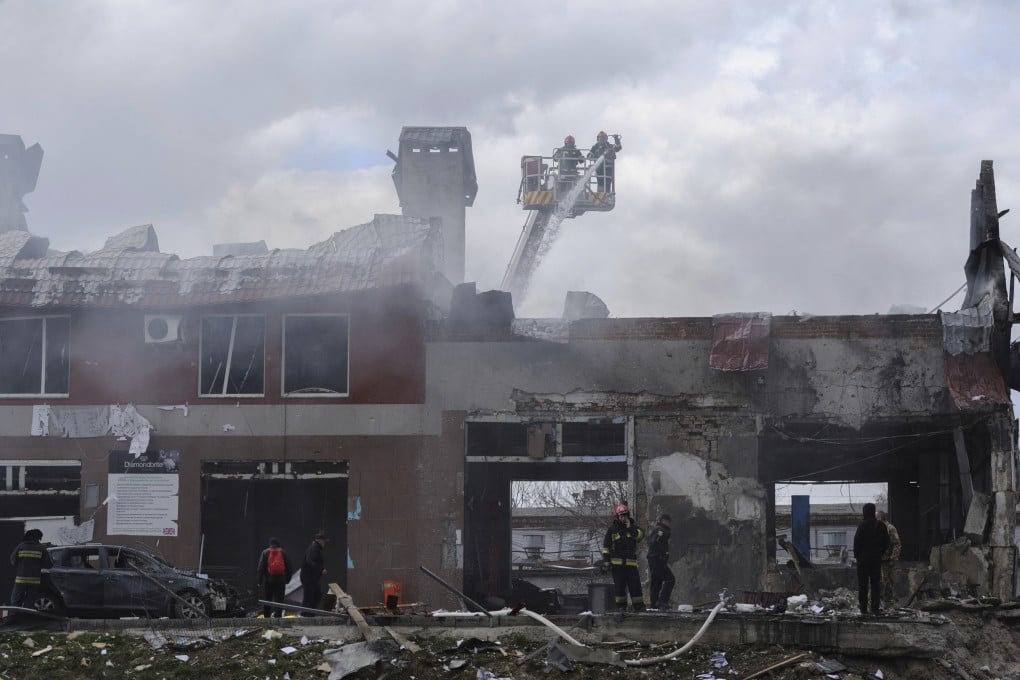Ukraine war: Chinese ambassador to US defends close Russia ties, criticises sanctions
- ‘The China-Russia relationship has made great progress. Had similar conflicts happened between other countries, China’s position would be no different’
- Qin Gang also criticised the sanctions the West has imposed on Russia – and the implicit threat of secondary penalties against Beijing

China’s ambassador to the United States defended Beijing’s close ties with Moscow on Monday, adding that US-China-Russia relations were not a zero-sum game.
Ambassador Qin Gang’s comments come as China is under growing pressure from the West to exert pressure on Russian leader Vladimir Putin over the war on Ukraine.
“A worse Russia-US relationship doesn’t mean a better China-US relationship,” he added. “Likewise, a worse China-Russia relationship doesn’t mean a better US-Russia relationship.”
Qin suggested that China’s foreign policy was based on principles lacking in the US approach, namely “non-alliance, non-confrontation and non-targeting of third countries”.
“The China-Russia relationship has made great progress,” he said. “Had similar conflicts happened in other places or between other countries, China’s position would be no different.”